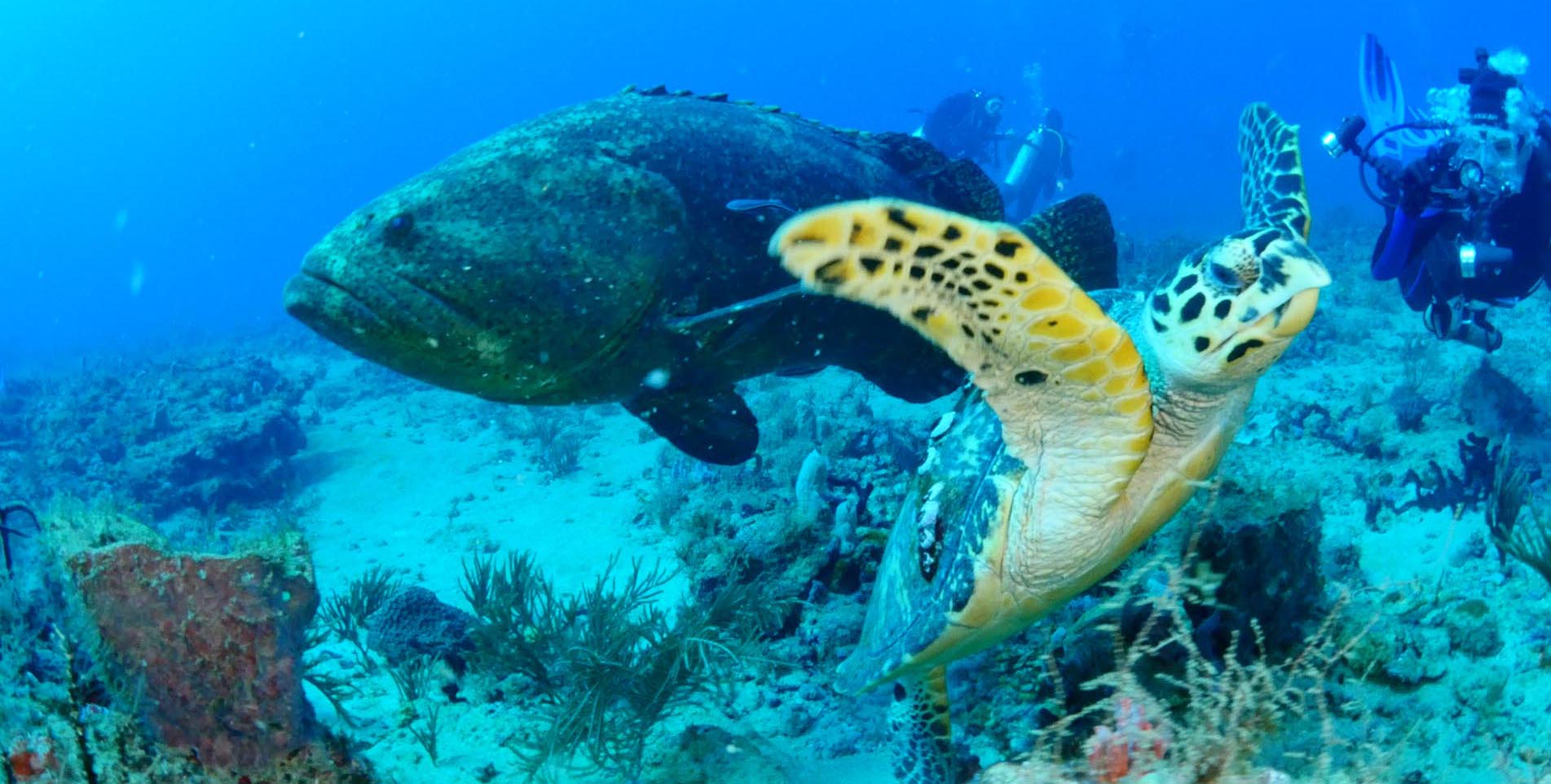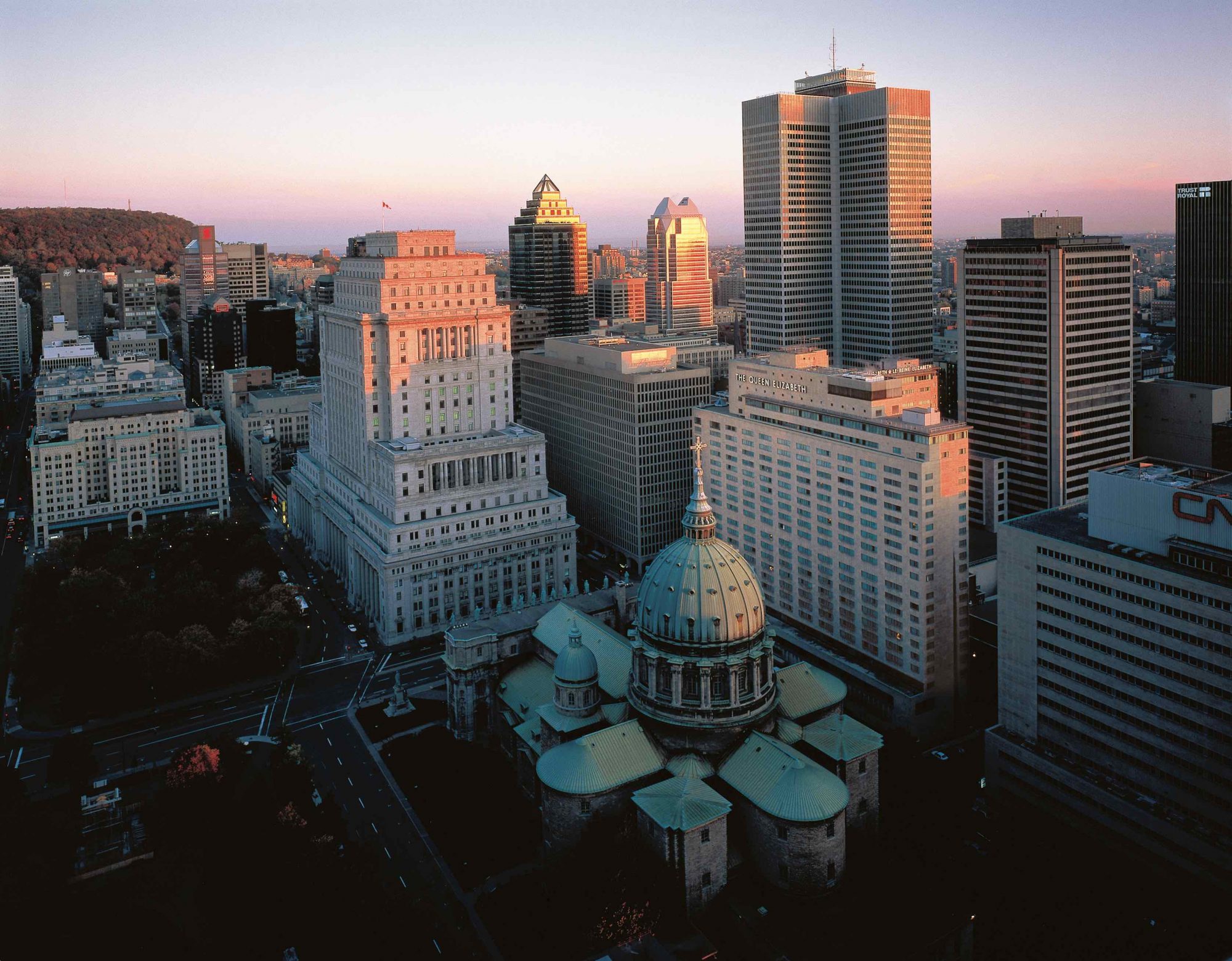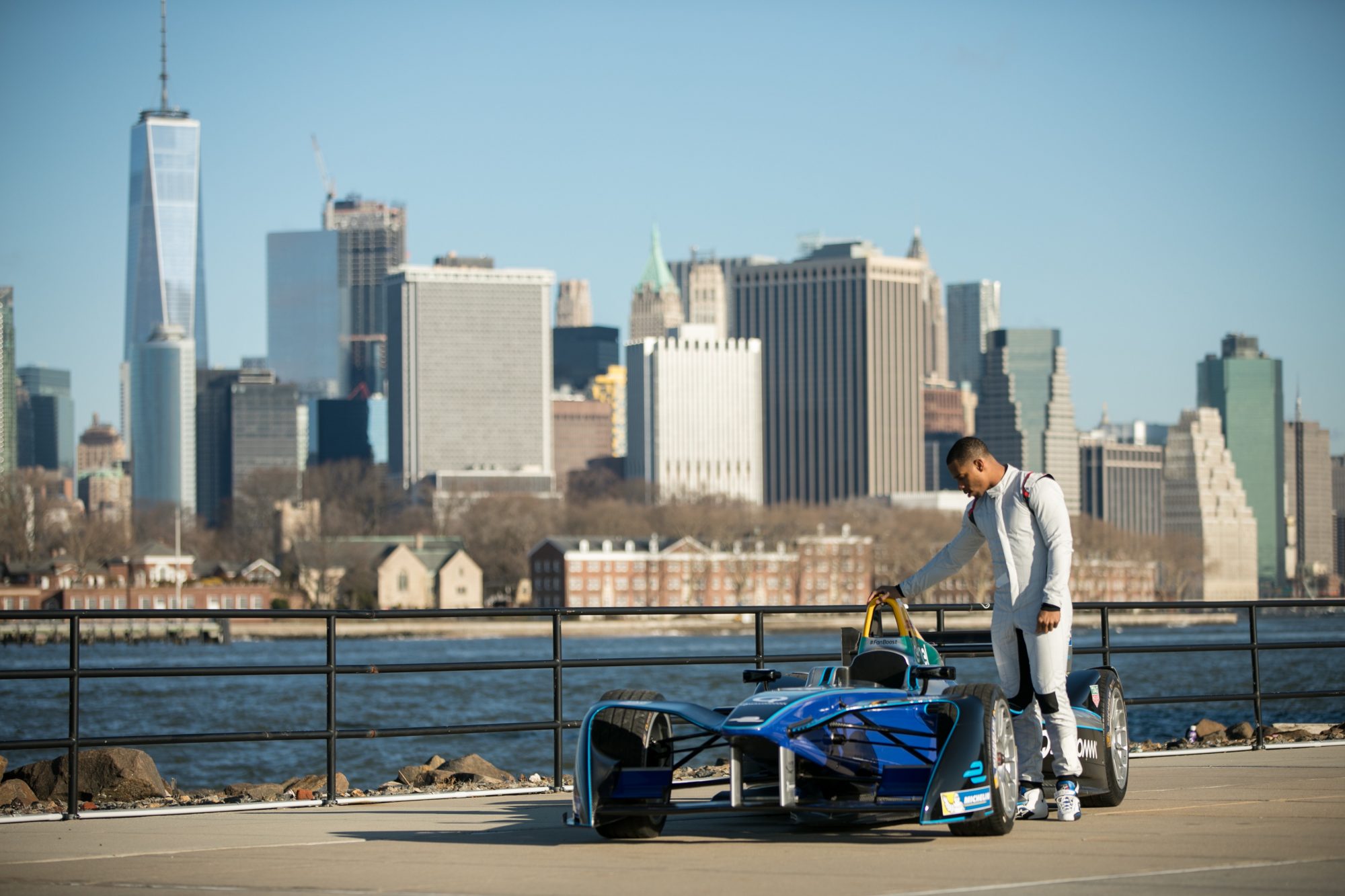Horse Riding & Hiking Tuscon
23.04.2024Summer in Tucson, Arizona, promises great hikes, horse rides and clear skies full of stars. Guest Ranches in and around...
Each year Earth Day aims to highlight global environmental issues, raise awareness of the impact of climate change and encourage sustainable development. Tourism can play a key role in this approach when travellers can look to offset their carbon footprint when choosing which destinations to visit. From saving turtles in Florida to protecting Australia’s Great Barrier Reef to sustainable farming in Arizona, here is a round up of 10 top sustainable destinations in locations all over the world. Each provides experiences and activities that have the environment and conservation in mind, ahead of Earth Day on 22nd April 2018.
Bhutan, nestled in the Himalayas, is a global leader in environmentally sustainable development. The country is known for its long-term conservation goals to maintain its pristine landscapes and rich biodiversity, with the national constitution stating a requirement of a minimum of 60% of the country’s land is forested at all times. The country is home to less than 800,000 inhabitants and over half of Bhutan is designated to national parks, forests, nature reserves and wildlife sanctuaries. Bhutan is therefore able to achieve Carbon neutrality, with trees taking in almost 6.5 million tonnes of carbon dioxide a year. Bhutan is an advocate of sustainable tourism activities, including exploring the natural and untouched landscapes throughout the country on foot. Druk Path Trek is one of Bhutan’s most popular short treks which takes visitors through stunning blue pine forests, along high mountain ridges and next to a number of lakes. Travellers also have the chance to see alpine yak pastures where nomads can be spotted in their natural habitat. The six day trek passes by a number of ancient lhakhangs, dzongs and villages and ranges at altitudes between 2,400 and 4,200 metres. The final descent of the trek leads into the capital city of Bhutan, Thimphu.
Travellers can grab a hold of the grain, and get their hands dirty picking the day’s harvest, before heading to the kitchen to put together a menu with seasonal, local produce. Visit Mesa has launched the Fresh Foodie Trail, a self-guided route that connects many of the culinary stop offs in Arizona’s third-largest city. The food-centric experience advocates long-table dinners and invites visitors to learn why their food choices matter. Pasta making classes with ancient grains, watching the cold-pressing of fresh olives, foraging for the freshest produce -in an educational trip that highlights the green and sustainable methods of producing and enjoying food. Serving as a culinary gateway to Greater Phoenix, the neighbouring farms in and around Mesa provide a bounty of seasonal goods for visitors to enjoy year-round. Citrus in January, peaches in May, olives in October and even, heirloom wheat in the winter. During the trail, travellers will stop off at True Garden, which features revolutionary hydroponic gardening techniques, where visitors can learn about organic growing practices and sustainable farming. True Garden uses 95% less water and 90% less space than a traditional garden, and contains no harmful chemical, pesticides or herbicides. Another stop off, Mesa Urban Garden was created to inspire sustainable urban living through education, community involvement and creative cooperation to strengthen families and enhance and beautify the region.

One of the seven wonders of the natural world, Queensland’s Great Barrier Reef stretching for 1,800 miles, is a must-see for holidaymakers. Eco-conscious visitors have a number of different options when it comes to enjoying everything the Reef has to offer in a sustainable manner, including a stay on Lizard Island – the only resort located on a 1,013-hectare National Park on the Great Barrier Reef itself. The resort offers complete luxury on the world’s largest and most diverse reef system and is consistently ranked as one of the world’s top hotels. All activity on the island is undertaken with full commitment to protecting, nurturing and maintaining the critical balance between the resort and the diverse eco-system of Lizard Island and its surrounding waters. The island is also home to the Lizard Island Research Station which attracts reef researchers from all over the world. Tours to the Research Station are conducted twice a week and are available for all Lizard Island guests, where they can learn more about the reef.
Alternatively, there are a number of other sustainable islands guests can stay on when visiting the reef including Bedarra – Australia’s most sustainable island resort – Heron Island and Lady Elliot Island. Those looking to visit Queensland over peak holiday periods can also volunteer at some Queensland National Parks including Lady Musgrave Island on the Southern Great Barrier Reef, where they can camp for free in exchange for volunteering as campground hosts, providing island interpretation with a conservation message. There’s also a chance to make the trek to Deepwater National Park to help nesting loggerhead turtles. Andy Ridley, the CEO and Co-Founder of Earth Hour, has recently been appointment CEO of newly launched concept “Citizens of the Great Barrier Reef” – a global social purpose movement founded to empower individuals from every place and all walks of life, to collectively change the world and ensure future generations can continue to learn about, protect, and enjoy our greatest natural inheritance, the Great Barrier Reef, which visitors can also sign up to.
Climb the highest sand dunes in the world. Descend to the floor of the deepest canyon in Africa. Immerse yourself in the past at one of the Africa’s richest rock art sites, and watch wildlife shimmer against one of the most spectacular pans on earth. Explore the oldest, driest desert in the world and take time to listen to the silence and to your soul. Namibia is the place to go for an eco-holiday in 2018. Namibia was the first African country to incorporate environmental protection into its constitution and today more than 40 percent of the country is under conservation management. The outcome? Namibia is now home to the last free-roaming populations of black rhino and desert elephant, as well as 25% of the world’s cheetah, making it a superlative destination for responsible wildlife holidays.
The best place to spot the endangered desert rhino is from the luxurious Desert Rhino Camp, situated in the private and protected 400,000-hectar Palmwag Rhino Reserve, operated in conjunction with Save the Rhino Trust and Wilderness Safaris. The rhino viewing is done on foot discreetly and respectfully. Travellers can stay in one of the eight large Meru-style tents, enjoy guided nature hikes with local conservationists and savour picnics in remote locations around the secluded property. A portion of revenue from Desert Rhino Camp goes to the Save the Rhino Trust to contribute towards its conservation operations.
The Loggerhead Marine life Centre is designed specifically to rehabilitate Loggerhead turtles, and offers an array of conservation activities for visitors. Its mission combines the conservation of ocean ecosystems with a special focus on threatened and endangered sea turtles, replenishing dwindling numbers. Now internationally recognised as the most densely populated nesting beaches for loggerhead turtles in the world, The Palm Beaches serves as an international hub for sea turtle education, ocean research and conservation. The non-profit educational facility located on the Atlantic Ocean in Palm Beach County also houses a variety of exhibits, including live sea turtles and other coastal creatures, as well as a state-of-the-art full service veterinary hospital, exhibit hall, outdoor classroom, research lab, and resource centre. Exhibits include a prehistoric Archelon sea turtle replica, salt water aquaria and displays of local wildlife, as well as educational displays about South Florida’s marine environment and how to conserve it.

The Animal Ark located north of Reno, aims to inspire environmental stewardship through wildlife education and provides a haven for North American predators, who otherwise would not be able to survive in the wild. Every effort is taken to stimulate their natural habitat with native trees, plants and boulders. Set in Nevada‘s high desert, the sanctuary uses environmentally-friendly power, and can supply almost all the energy required to run, through solar panels and wind generation. The sanctuary holds a number of events to educate visitors on the fascinating animals, such as Ark at Dark where guests will hear the wolves and coyotes howling into the night as they take a nocturnal nature walk, see Cheetahs race around the Ark track at sunset or visit during Harvest Festival where animals receive carved out pumpkins filled with their favourite food.

Home to 334 stunning provincial parks, Ontario, along with the rest of Canada, will celebrate the 125th anniversary of its provincial parks in 2018. This anniversary is particularly significant for Ontario as the province’s Algonquin Provincial Park, established in 1893, was Canada’s first. Year-round activities are planned to commemorate this historic milestone including unique pop ups and new initiatives. There are a number of eco-friendly accommodation options in or near these parks including Killarney Lodge in Algonquin Provincial Park and Elmhirst Resort in Muskoka. The parks offer visitors the chance to get back to nature and explore some of the planet’s wildest depths with a number of hiking and biking trails, canoe and boating routes and the chance to spot the stars and Northern Lights in some of the world’s clearest skies.
A world biodiversity hotspot known for its natural beauty, Mauritius is on a crusade to reduce the eco-footprint for the benefit of the island. Volcanic mountains, savannah-style plains and pockets of ancient forest with endemic plants and wildlife offer plenty of opportunity for green adventure, from birding and zip-lining to blue marlin fishing and nature treks. For those interested in learning more about the island’s natural environment, some Sugar Estates have opened as eco-adventure parks offerings treks, horse riding, mountain biking and safaris to spot deer, monkeys and wild boar. Angsana Balaclava, a resort in the North of the island attained bronze benchmark status from Earthcheck and are planning a coral planting project. The resort also employs a marine biologist who will guide guests on snorkelling trips. Meanwhile, Shanti Maurice, has campaigns to conserve Mauritius’ coast and the Shandrani Resort & Spa has trained ‘Shandrani Rangers’ for coral conservation. The Attitude Hotel [13] group has inaugurated Nauticaz, its educational and research centre which is open to guests and locals, one of its most important features is the equipper marine laboratory set up to monitor and protect coral reefs and the islands ecosystems.
Québec is recognised as a leader in sustainable development and eco-conscious practices. The province is home to Hydro-Québec, an organisation which generates, transmits and distributes electricity across Québec using renewable generating options, in particular large hydro, and supports the development of other technologies such as wind energy and biomass. Meanwhile, the city of Montréal in Québec is a pioneer in urban agriculture and is home to the world’s first commercial rooftop farm introduced by Lufa Farms with over 40 varieties of produce growing year-round in over 31,000 ft of greenhouses. In 2015, it was estimated that approximately 128.2 hectares were devoted to urban agriculture in Montréal and as the city’s urban agriculture developments continue to flourish, a number of companies in the city have set up their own green rooftop farms to provide a local source of produce. Local produce is at the heart of Montréal’s trendy food scene and in June 2017, following a year of renovations, the Fairmont The Queen Elizabeth hotel reopened introducing a new urban market, a revolutionary concept in the hospitality world, offering seasonal products and supporting local producers and artisans while fostering a community spirit in the heart of downtown Montréal.
Meanwhile, last year the Montreal Port Authority (MPA) announced the completion of its shore power project whereby vessels docking at the Port of Montreal’s new cruise terminal can now be powered by electricity. This two-pronged project is expected to reduce greenhouse gas (GHG) emissions by 2,800 tonnes per year. Shore power is a very effective way to reduce air emissions from marine diesel engines and leads to better ambient air quality by enabling ships to turn off their engines and connect to the power grid for the power they need while docked. Beyond Montreal, Québec is the proud home of a number of Eco-Responsible Hotels and Resorts such as Le Baluchon Eco Resort in Mauricie, which adopts sustainable practices through a number of initiatives including energy conservation, water treatment and reforestation, as well as a range of eco-friendly properties in and around Québec City.

As New Yorkers are becoming greener, the City’s ever-evolving hotel scene is striving to make sure it’s properties showcase the best in eco-conscious design. In 2017, the hotly anticipated 1 Hotel Brooklyn Bridge opened its doors at Pier 1, a property which cultivates sustainable architecture and cause-oriented partnerships. This exciting new development isn’t the only hotel in the City emphasising the importance of sustainability though. The Pierre, one of Manhattans most celebrated hotels, participates in EarthCheck, a programme that measures the property’s impact on the environment. Furthermore, the boutique Crosby Street Hotel is the first LEED Gold Certified building in New York. LEED certified buildings save resources and have a positive impact on the health of occupants, while promoting renewable, clean energy. NYC is also home to a variety of sustainable events such as the exciting Formula E (14-15 July 2018), the open-wheel formula auto-racing series that uses only electric cars, which will take place in Brooklyn for the second year running. Additionally, the City hosts one of the world’s key summits to drive the conversation around climate change during Climate Week (24-30 September 2018), launched by The Climate Group in 2009.

Enjoyed this article? click here to get more from us
Summer in Tucson, Arizona, promises great hikes, horse rides and clear skies full of stars. Guest Ranches in and around...
The North Face have announced an Earth Week initiative to clean-up hiking routes in England and Walkes, this coming Saturday...
In Italy’s Alta Badia, when the inhabitants of this South Tyrolean valley talk about sustainability, they use terms such as...
Get ready for an unforgettable journey into the heart of the Swiss Alps as Verbier invites you to discover a...